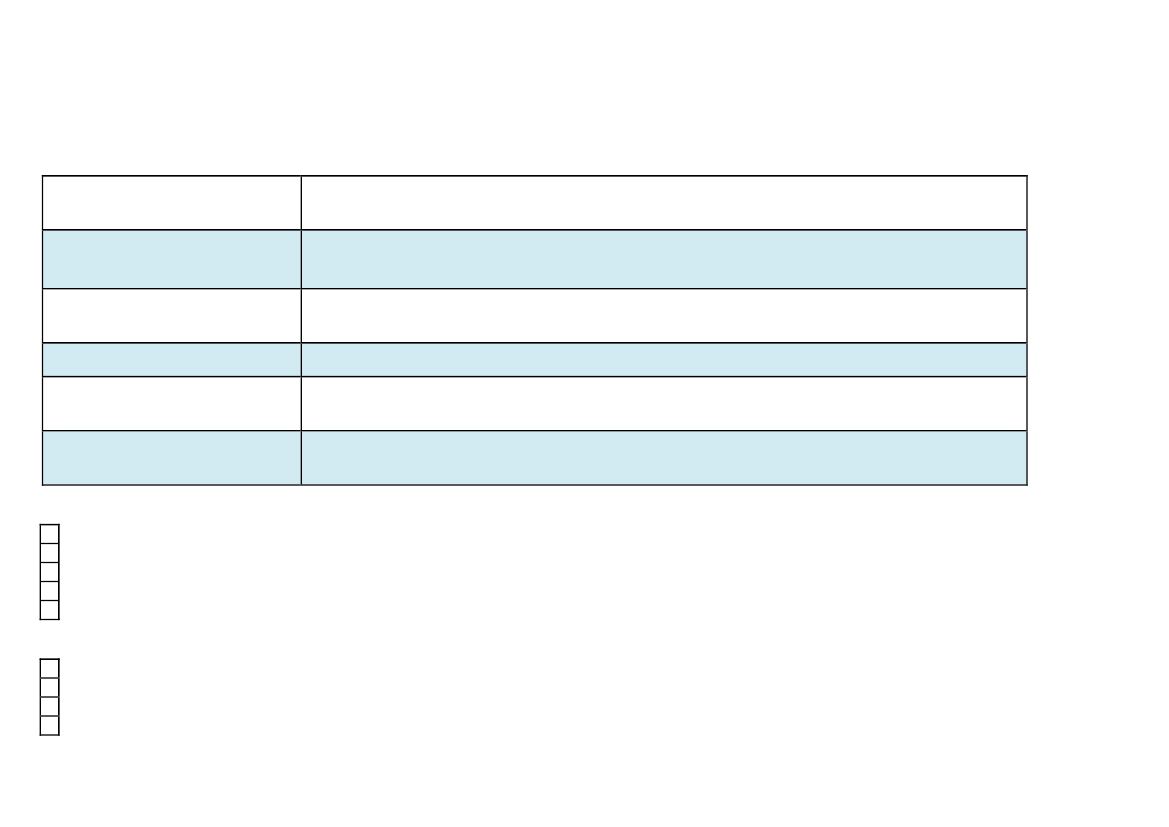
The young person in the target group profiling form
Part I: basic profiling
1. GENERAL DATA ON YOUNG PERSON
Local name:
The evaluation was carried out
(the program manager's name,
contact information):
The young person first name,
surname, identity code:
Sex:
The declared and actual
residence:
Youth contact information (phone,
email, Skype)
Communication language (select the language of communication young people relevant variants):
Latvian
Russian
Mark
Another _____ _____
Support opportunities, where appropriate, the necessary raise, for example, surdotulk.
Nationality:
is a Latvian citizen
is not a citizen of Latvia
a citizen of another country (permanent residence permit) ____ ____ ____ ____ ____ ____ ____ ____ ____ ____ ____ ____ _
term maintenance authorization